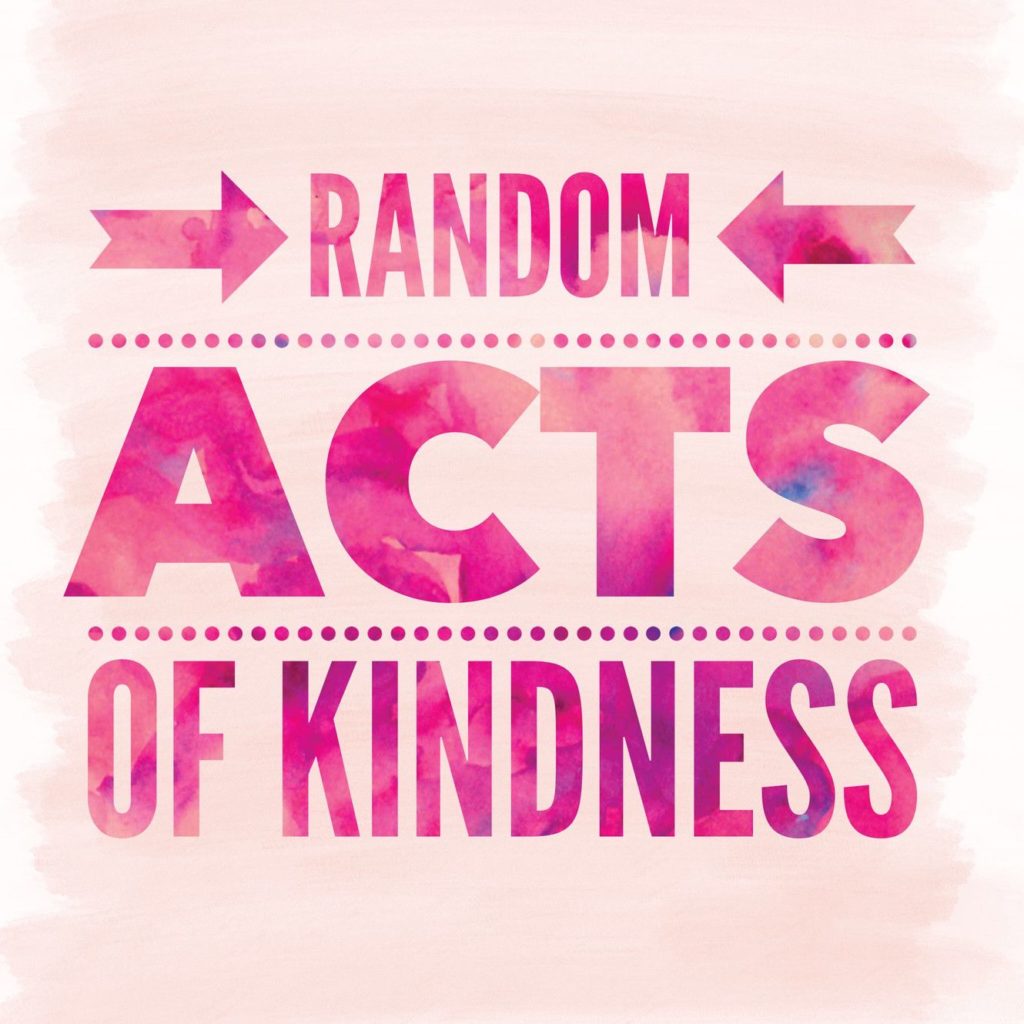The holidays are a time to reflect on what matters most in life. We spend time with our families, exchange presents, and help others who are less fortunate. Gratitude is typically tangled with these yearly customs, whether intentionally or not, and may have a significant influence on our mental health. We all know that thankfulness helps us enjoy life, boost our health, form strong bonds, and cope with adversity. Research suggests that having a grateful mindset is linked to higher levels of happiness. It activates your neurotransmitters, chemicals that provide you with energy and joy.
Follow Your Gratitude -
Because life is an action, not a concept, help your children follow a whole routine of thankfulness with scheduled activities over the holidays. Take time each day to reflect on and ask them to list their successes and all they have to be grateful for.
Gratitude Brings Out the Best In You -
Gratitude provides you with a tremendous amount of positive energy. And, as your children practice thankfulness regularly, they will have a substantial positive impact on others. Others may sense their positive energy and replicate it, passing it on to the next person, leading to an unending positivity and kindness in the world.
How Can You Pay Gratitude?
So, how can you help your children pay gratitude and make this a priority this holiday season? Here are some basic ideas that you can use daily:
Make a list of what you already have rather than what you desire.
The emphasis at this time of year is frequently on getting presents. Ask your children to note what they already have to increase a sense of gratitude in them. Help them count their blessings and write down how grateful they are to have them in their life.
Writing A Thank You Note -
Saying thank you might help your children appreciate the presents they received. Try praising someone for being a good friend in front of your children or supporting them in an intangible way instead of giving them things. Tell your kids the positive impacts of gratitude and how it will grow to strengthen their relationships with people.
Pray or meditate -
Prayer can help you and your family nurture thankfulness and focus on things that aren’t about you. Meditation can help us restore priorities and remind us of what we have to be grateful for in a similar way.
Perform random acts of kindness -
The Christmas season is an excellent chance to assist those who are less fortunate. Simple and easy methods to show others that you care include canned goods and gifts, volunteering, and making cookies for a neighbor. Involve your children in preparing food for others, distributing, and contributing in every possible way. Additionally, while these acts of kindness benefit others, they also assist in lifting our spirits and increasing our thankfulness.
Pay attention to your health -
Good health is the biggest treasure of anyone’s life. Help your children pay attention to the often-overlooked blessings and be thankful for their healthy life. Talk to them and focus on the good parts of their health, even if they have some mental or physical issues. Is it possible for you to go outside? Do you have a strong desire to hug a loved one or smell supper cooking? We frequently take for granted our skills. Take some time to appreciate what your health permits you to do rather than how it may hinder you.



